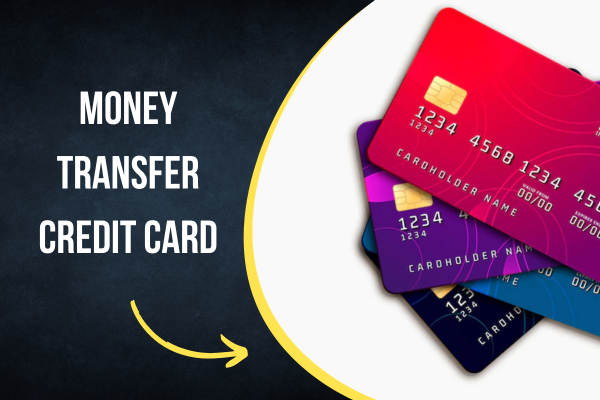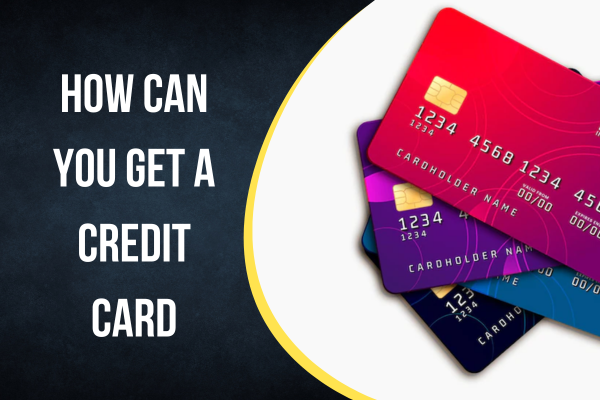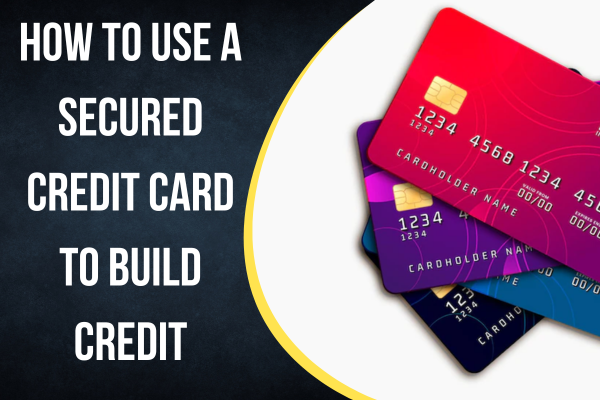In today’s fast-paced world, financial transactions have become more convenient and accessible than ever before. One such financial tool that has gained popularity in recent years is the money transfer credit card. Designed to offer flexibility and convenience, money transfer credit cards allow individuals to transfer funds from their credit card to their bank account, providing an alternative to traditional methods of money transfer.
So, what exactly is a money transfer credit card? Simply put, it is a type of credit card that enables cardholders to transfer a balance from their credit card to their bank account or another credit card. This feature distinguishes it from a regular credit card, where the primary function is to make purchases or withdraw cash.
What Is a Money Transfer Credit Card
Money transfer credit cards typically come with a promotional period during which cardholders can enjoy low or even zero interest rates on the transferred amount. This promotional period can range from a few months to over a year, depending on the credit card provider and the specific terms of the offer. It provides a window of opportunity for individuals to repay the transferred amount without incurring high interest charges.
There are several reasons why someone might consider using a money transfer credit card. One common use is to consolidate debt. By transferring balances from multiple credit cards or loans onto a single money transfer credit card, individuals can simplify their repayments and potentially save on interest charges.
Another use is to access funds quickly. In situations where individuals need cash urgently, such as during emergencies or to make a large purchase, a money transfer credit card can provide a convenient solution. Rather than waiting for a traditional bank transfer, which may take time to process, individuals can transfer funds from their credit card to their bank account and access the money almost instantly.
It’s important to note that money transfer credit cards typically come with fees associated with the transfer. These fees can vary depending on the credit card provider and the amount being transferred. It’s crucial to read and understand the terms and conditions of the credit card offer to determine if the benefits outweigh the associated fees.
Furthermore, individuals must be mindful of their repayment responsibilities when using a money transfer credit card. While the promotional period may offer low or zero interest rates, it is temporary. After the promotional period expires, the remaining balance on the card will be subject to the regular interest rate, which can be significantly higher. Therefore, it’s essential to have a repayment plan in place to clear the transferred amount before the promotional period ends.
To apply for a money transfer credit card, individuals typically need to meet the credit card provider’s eligibility criteria, which may include factors such as credit score, income, and employment status. It’s advisable to compare different credit card offers and consider factors like interest rates, promotional periods, fees, and additional benefits before making a decision.
A money transfer credit card is a type of credit card that allows you to transfer money from your credit card account to your bank account. This can be a useful option if you need to access cash quickly or if you need to pay off another debt with a lower interest rate.
When you transfer money from your credit card to your bank account, you will typically be charged a fee. This fee is usually around 3% of the amount you transfer. You may also be charged interest on the transferred amount, starting from the day you make the transfer.
Money transfer credit cards can be a convenient way to access cash, but it is important to compare the fees and interest rates of different cards before you choose one. You should also make sure that you can afford to pay off the transferred amount within the grace period, otherwise you will be charged interest on the entire amount.
Read-
- Definition and Basics of Credit Card EMI
- How to Transfer Money from Credit Card to Account
- How to Use Visa Card for Online Payment
Here Are Some of the Benefits of Using a Money Transfer Credit Card:
- Convenience: You can transfer money from your credit card to your bank account quickly and easily.
- Flexibility: You can use the transferred money for any purpose, such as paying bills, making purchases, or taking a vacation.
- Lower interest rates: If you transfer your balance to a credit card with a lower interest rate, you can save money on interest charges.
Here Are Some of the Drawbacks of Using a Money Transfer Credit Card:
- Fees: You will typically be charged a fee to transfer money from your credit card to your bank account.
- Interest: You may be charged interest on the transferred amount, starting from the day you make the transfer.
- Debt: If you do not pay off the transferred amount within the grace period, you will be charged interest on the entire amount.
If you are considering using a money transfer credit card, it is important to weigh the benefits and drawbacks carefully. Make sure that you can afford to pay off the transferred amount within the grace period and that you are comfortable with the fees and interest rates.
Here Are Some Tips for Using a Money Transfer Credit Card Responsibly:
- Only use a money transfer credit card if you need to access cash quickly or if you need to pay off another debt with a lower interest rate.
- Compare the fees and interest rates of different cards before you choose one.
- Make sure that you can afford to pay off the transferred amount within the grace period.
- Only use the transferred money for essential expenses.
- Pay off the transferred amount as soon as possible to avoid interest charges.
If you follow these tips, you can use a money transfer credit card responsibly and avoid getting into debt.
In conclusion, a money transfer credit card is a financial tool that allows individuals to transfer funds from their credit card to their bank account or another credit card. It offers flexibility, convenience, and potential savings during the promotional period, making it an attractive option for debt consolidation or accessing funds quickly. However, individuals must carefully consider the terms and conditions, including fees and repayment responsibilities, to make an informed decision and use the card responsibly.





Leave a Reply